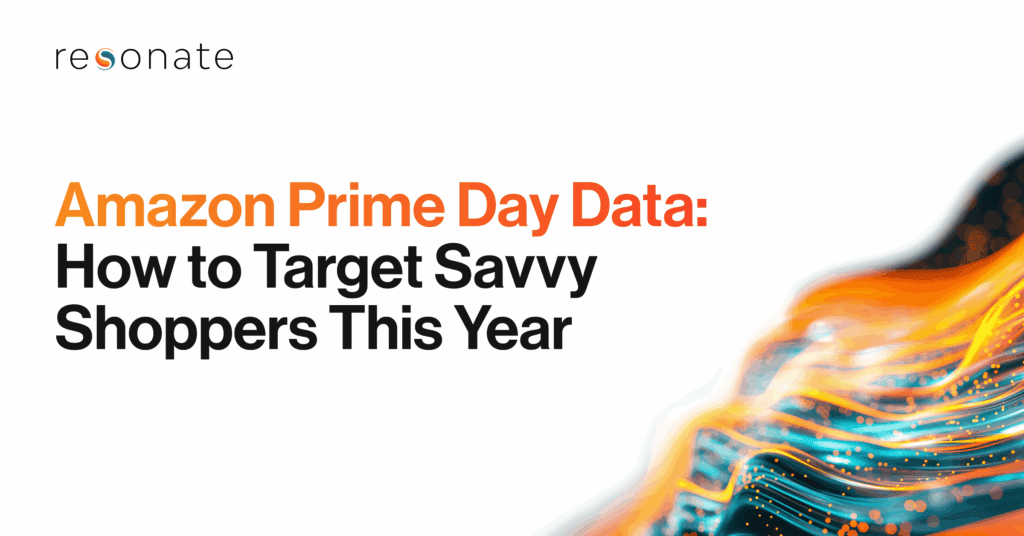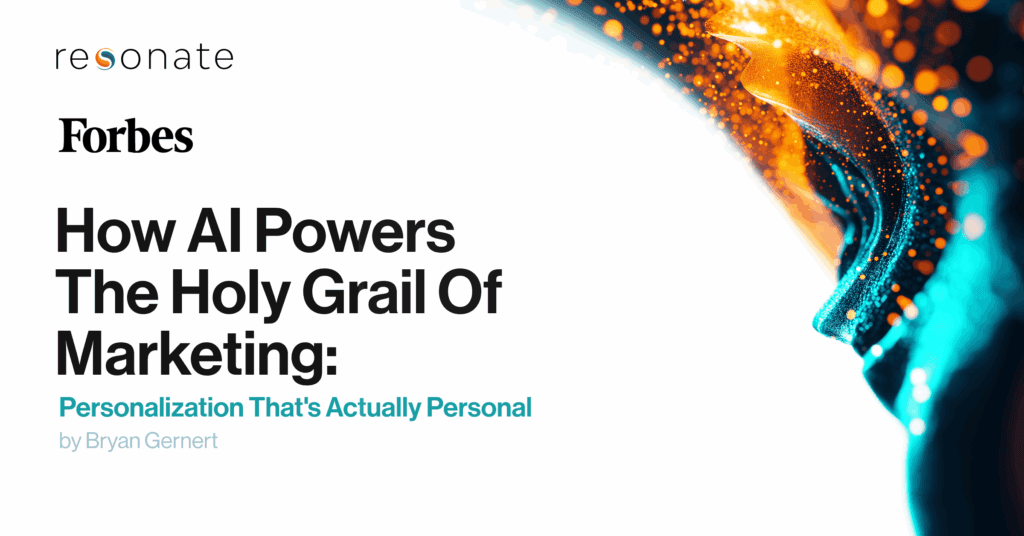3 Ways AI Empowers Healthcare Marketers to Rebuild Patient Trust
Trust is a crucial component between patients and the professionals who provide them with care. And yet, over the last several years, trust between patients and the healthcare industry has severely eroded due to a variety of factors. These include economic issues, a pervasive distrust in the media in general, patient empowerment, past instances of atrocities like Tuskegee, and a surge in the value placed in the recommendations and opinions of non-qualified medical professionals like family and friends.
Quality, responsible healthcare marketing is one way to bridge the trust chasm that currently exists. And although you might not have previously thought of it in this way, AI is one powerful solution that will empower healthcare marketers to achieve this goal. Below, you’ll learn more about three things that are essential to rebuilding trust that AI can help you with.
1. Displaying Multicultural Competence
Multicultural marketing is crucial to reaching the diverse groups that make up consumers in the United States of America. People want to see their unique differences not only noted but respected by the companies they do business with—and that includes healthcare companies. It’s essential for healthcare marketers to display cultural sensitivity in their campaigns, perhaps more than you might think. According to Deloitte, two-thirds of African Americans want to see a provider who looks like them, as do half of Asian Americans. Furthermore, over 50% of Asian and Hispanic participants in Deloitte’s study want a healthcare provider who is culturally competent.
Marketers play a significant role in putting people in touch with the right providers. By utilizing AI tools that take into account not just demographics but that also offer the ability to target people by region and by specific medical needs, healthcare marketers can connect patients with doctors and other professionals who look like them and come from a similar cultural background. AI tools can also point marketers in the right direction when it comes to messaging, ensuring they craft culturally sensitive messages and deploy them to the right consumer at the right time.
2. Personalizing Each Experience
Although talk of account-based marketing has swirled around the healthcare industry for years, now is the time to put strategies in place. Modern consumers expect personalized experiences from brands, and healthcare providers are no exception. This shouldn’t come as a surprise: an individual’s health is extremely personal, and it makes sense for, say, a senior on Medicare to want information on doctors or medications to accept their insurance, while a busy, healthy 30-something professional might just want reminders on when to get a physical or a flu shot.
Personalization has the power to not only radically improve patient outcomes but also to cut administrative costs and drive revenue. AI-powered solutions are tailor-made to take some of the heavy lifting that comes with creating personalized experiences off the shoulders of healthcare marketers.
Take cutting-edge, high-performance AI tools for website personalization, for instance. A high-quality solution can improve content and user experience in near-real time with highly predictive data to drive more personalized site engagement.
3. Meeting Patients Where They Are—Literally
In a webinar given in partnership with Resonate last year, marketing agency Butler/Till shared some insights on the chronically ill patients they were helping a client connect with. These patients, having been burned by the healthcare industry more than once, weren’t looking to traditional marketing channels for information on their conditions. Instead, they could be found in niche forums on social media sites or in Reddit-style chat rooms with other people who shared their experiences. On a separate but related note, research shows 90% of patients now consult social media platforms before they talk to their doctor.
What does all this mean for healthcare marketers?
Clearly, patients are making their own decisions about where to get their health information from—and more often, thanks in part due to the democratization of knowledge, they’re not going to the doctor or other traditional channels first. To reach patients from all backgrounds and with a variety of needs, marketers must meet them where they’re at, quite literally. In the same webinar mentioned above, Butler/Till noted that they achieved success with a healthcare marketing campaign targeting a group of individuals with a rare medical condition when they took into account the distrust these patients felt and instead targeted them on the non-traditional channels through which they were communicating and educating themselves.
AI-powered technology is particularly useful for ensuring marketers’ media planning efforts are a success. For example, according to the Media Planning Report found in the Resonate Ignite Platform, you can learn that women with breast cancer heavily engage with streaming and traditional television but that a whopping 77% only lightly use social media. With this knowledge, you’ll then know that if you want to reach this audience, you should deploy campaigns on streaming channels with ads or on linear TV rather than on social media sites.
Resonate’s suite of high-performance AI-powered solutions can do all three of these tasks—and more. Want to learn more about how Resonate will empower your healthcare marketing campaign? Reach out to our team today.



